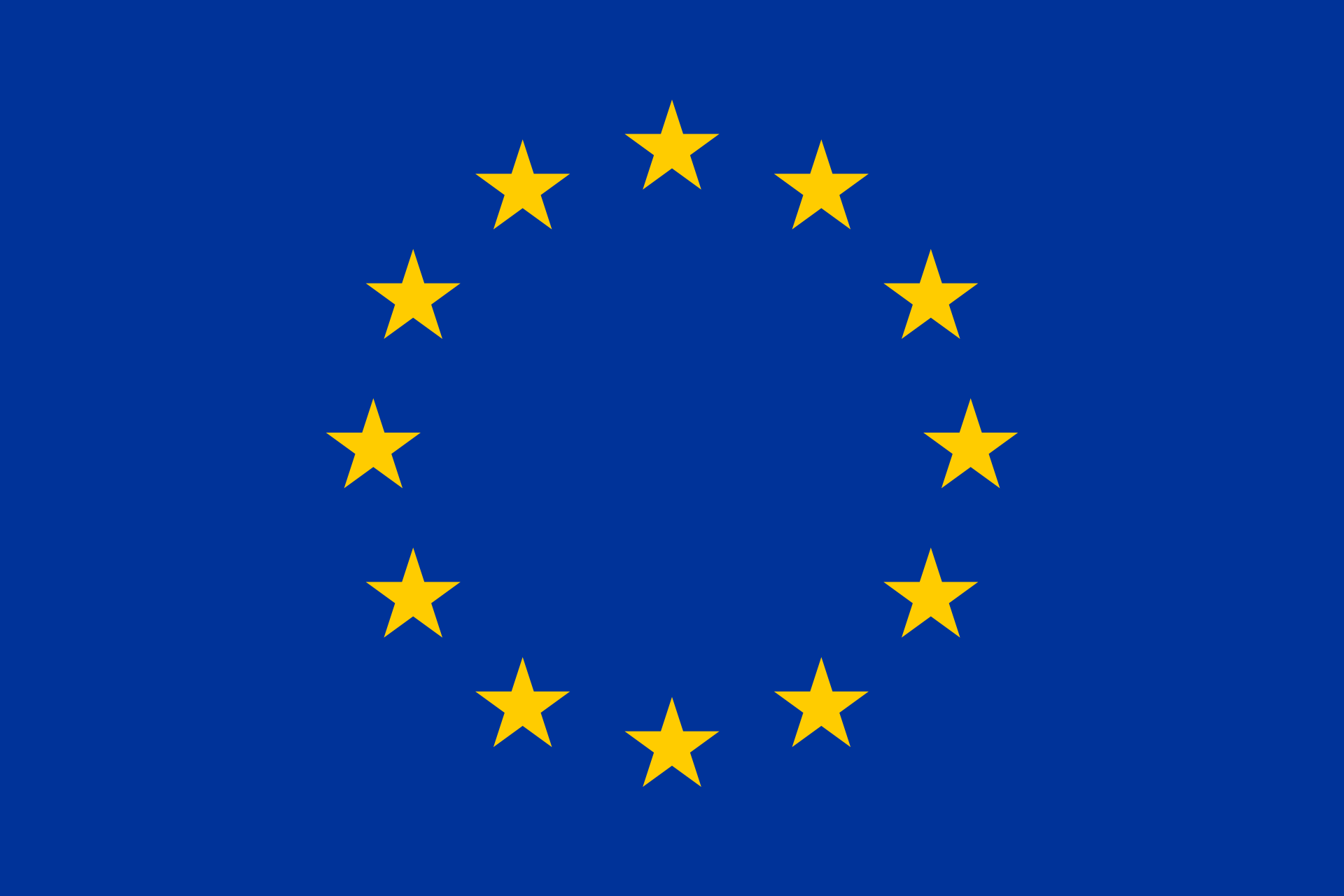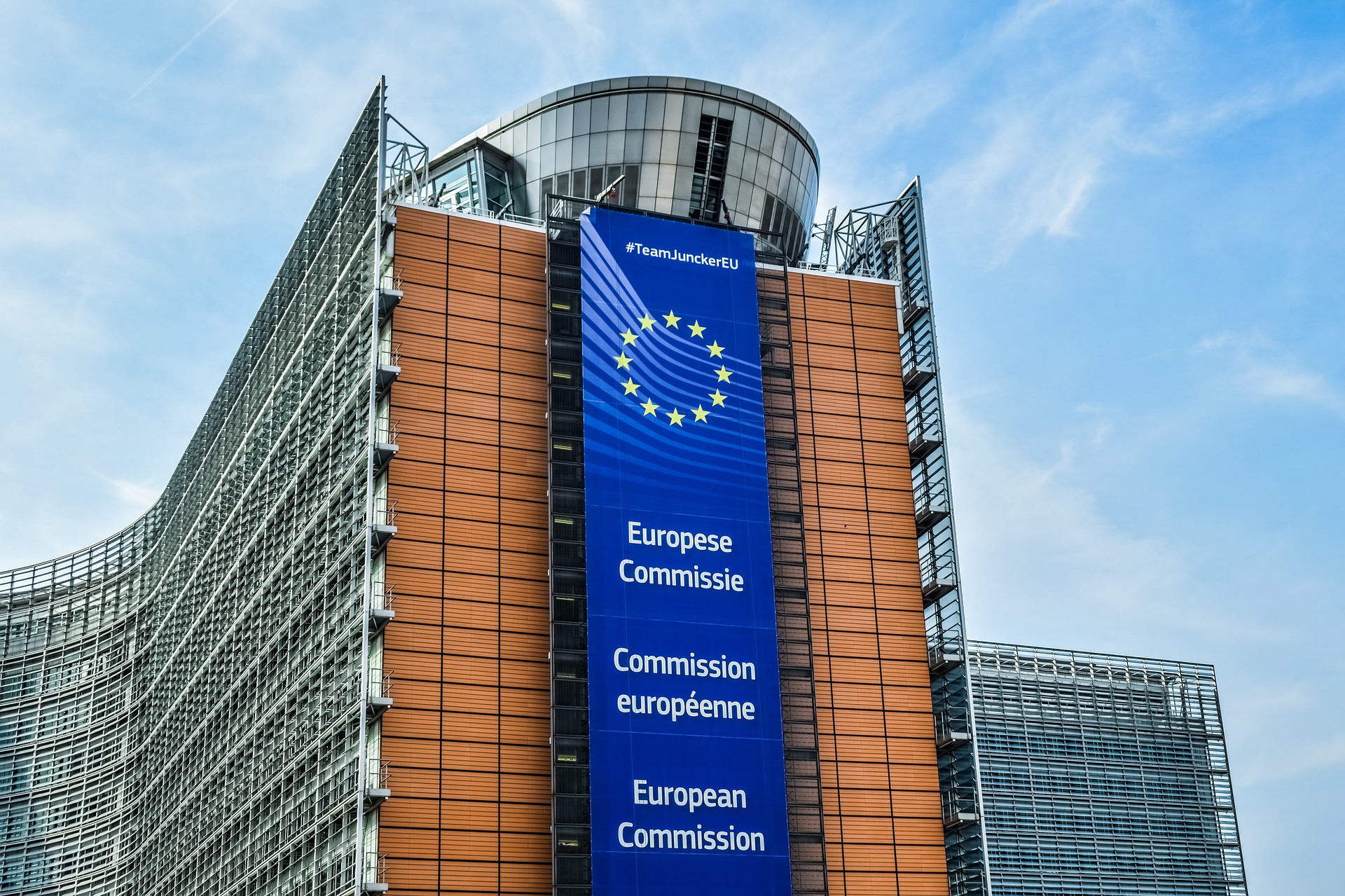
22 May 2025| CATEGORIES: e-Commerce, IOSS| TAGS: e-commerce, EU, foreign businesses, new VAT rules, platform economy
The European Commission has announced new VAT rules relating to distance sales of imported goods. The aim is to reinforce the collection of VAT and encourage increased use of the Import One Stop Shop (IOSS) by foreign traders and platforms.

24 January 2025| CATEGORIES: EU VAT, VAT after ViDA| TAGS: EU, Strategic report, VAT
The EU Commission has published VAT after VIDA: Reflections on the Future of VAT. The report was prepared by the VAT Expert Group (VEG) at the request of the Commission. It is a strategic report that examines both long-term and immediate strategies for modernising the VAT system. The aim is to provide the Commission with ideas …
Continue reading “EU publishes VAT after ViDA report”

3 January 2025| CATEGORIES: EU VAT, New tax rules, One Stop Shop| TAGS: B2C, EU, Livestreaming, new VAT rules, Virtual events
The EU has introduced new VAT rules for B2C supplies of livestreaming and virtual events from 1 January 2025. VAT is now due based on the place where the consumer belongs. UK VAT rules for these services are unchanged meaning there is a risk of double taxation and non-taxation on supplies between the UK and EU.

19 December 2024| CATEGORIES: EU businesses, Simplified compliance, SME scheme| TAGS: EU, SME Scheme
From 1 January 2025, the EU’s new special VAT regime for small and medium businesses (the SME scheme) will come into effect. The EU has launched a new portal to assist businesses that want to take advantage of the scheme. The rules for the SME scheme are complex. Small businesses planning to implement the national and/or cross-border aspects should carefully review the EU Commission’s published Guides and Explanatory Notes.

15 November 2024| CATEGORIES: EU VAT, Platform economy, VIDA| TAGS: digital reporting requirements, ECOFIN, EU, platform economy, single VAT registration, VIDA
The EU has reached agreement on the VAT in the Digital Age (ViDA) proposal. The Estonian government had previously opposed the ViDA proposal due to concerns about the new deemed supplier regime. The measures are expected to be adopted in stages over the period 2027 to 2035.

18 October 2024| CATEGORIES: Customs, EU VAT, Excise, General Court, Preliminary rulings| TAGS: CJEU, Customs, EU, General Court, VAT
Responsibility for preliminary rulings in six specific areas, including VAT and customs, has transferred to the General Court of the European Union. A new Chamber has been created to specialise in preliminary rulings on questions referred in the relevant areas.

14 August 2024| CATEGORIES: EU VAT, General Court, VAT case| TAGS: Court of Justice, EU, General Court, VAT cases
From 1 October 2024 responsibility for EU decisions in VAT and customs cases will transfer from the Court of Justice of the European Union to the General Court of the European Union. The aim of the reform is to reduce the workload of the Court of Justice.

3 July 2024| CATEGORIES: Digital Reporting Requirements, e-invoicing, EU VAT, Platform economy, Single VAT registration, VIDA| TAGS: digital reporting requirements, e-invoicing, ECOFIN, EU, platform economy, single VAT registration
Agreement on the revised ViDA proposals was not achieved at the meeting of the EU’s Economic and Financial Affairs Council (ECOFIN) held on 21 June 2024. It had been hoped that full agreement would be reached under the Belgian Presidency which ended on 30 June 2024. Discussions will resume at the next ECOFIN meeting in July under the Hungarian Presidency.

5 June 2024| CATEGORIES: Digital Reporting Requirements, e-invoicing, EU VAT, Intra-EU trade, VIDA| TAGS: digital reporting requirements, e-invoicing, EU, platform economy, single VAT registration, VAT in the Digital Age, VIDA
After more than a year of talks on the EU VAT in the Digital Age (ViDA) package, revised proposals were published on 8 May 2024. This article looks at what has changed.

16 January 2024| CATEGORIES: Digital Reporting Requirements, e-invoicing, EU VAT, VIDA| TAGS: DRR, e-invoicing, EU, platform economy, single VAT registration
A year after the EU VAT in the Digital Age (VIDA) proposals were published it seems increasingly likely that the introduction of the measures will be delayed. The original timetable had intended the measures be approved by the end of 2023, with implementation in stages between 1 January 2025 to 1 January 2028. The EU Parliament has already voted in favour of a one-year postponement of all three ViDA pillars. The DRR and e-invoicing aspects are likely to be delayed until 2030 or later.











